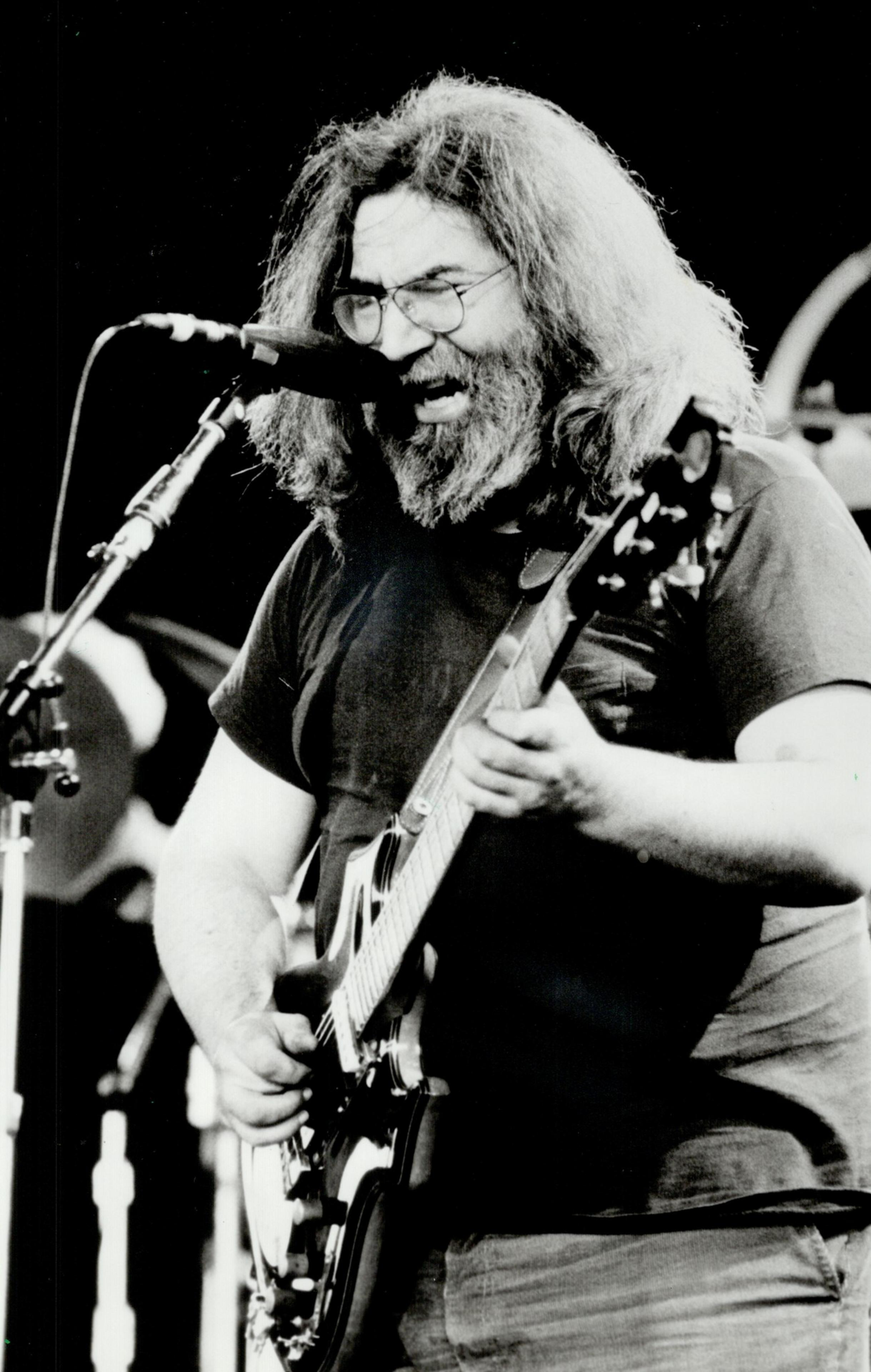I was 12,000th in the Dead & Company Ticketmaster queue when I texted my father to see if he wanted to fly to San Francisco from the East Coast for the 60th anniversary shows Aug. 1-3 in Golden Gate Park.
My dad is one of the biggest Deadheads I’ve ever known. In the earliest days of the internet, envelopes stuffed with cassette tapes of Dead shows would arrive on our doorstep, sent from fans all over the country whom my dad had met online. The music was the soundtrack to my childhood, and father-daughter jam-band outings became one of our favorite ways to spend time together. What better way to continue our cherished family tradition than in the city where it all began?
That’s why I was shocked when he replied, “No, I’m good. I really have no interest.”
It was a moot point: By the time I’d advanced to the front of the Ticketmaster queue, three-day passes had sold out. I asked my dad to elaborate on his stance.
“This whole thing is just a big money grab, a real ‘fuck you’ to the fans,” he said. “It totally goes against what the Grateful Dead was all about. Jerry is rolling over in his grave.”
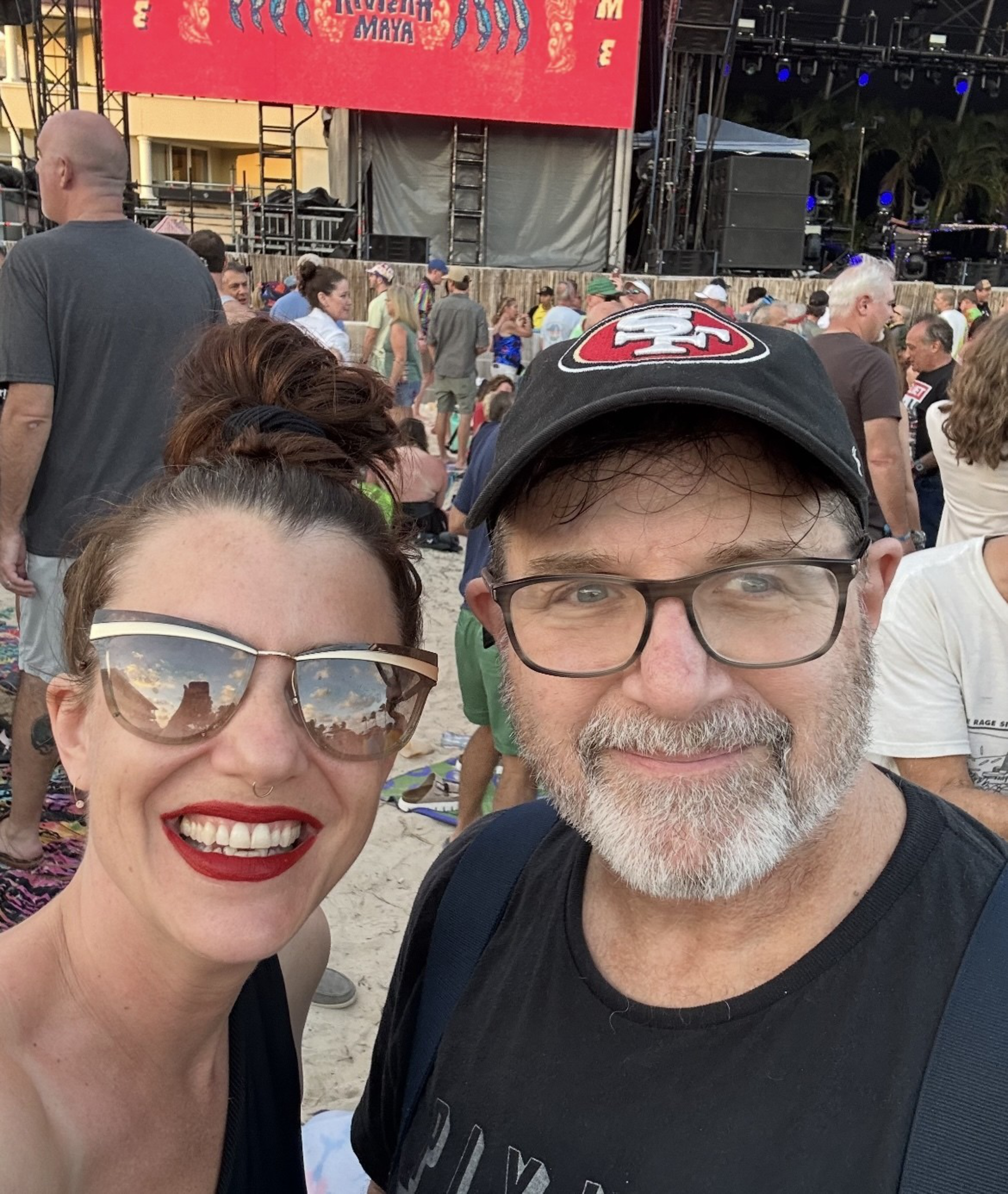
| Source: Carly Schwartz
San Francisco is turning into Deadhead Disneyland. Muni buses are shrouded in neon Summer of Love regalia, City Hall will light up (opens in new tab) in Technicolor tie-dye, and dozens of parties and tribute bands will hold court all over town. Officials expect up to 60,000 fans to make the pilgrimage to Golden Gate Park each day, with thousands more swarming the venue’s outskirts. Bill Graham Civic Auditorium, named for the Grateful Dead’s original concert promoter, will (fittingly) transform into a pop-up merch store.
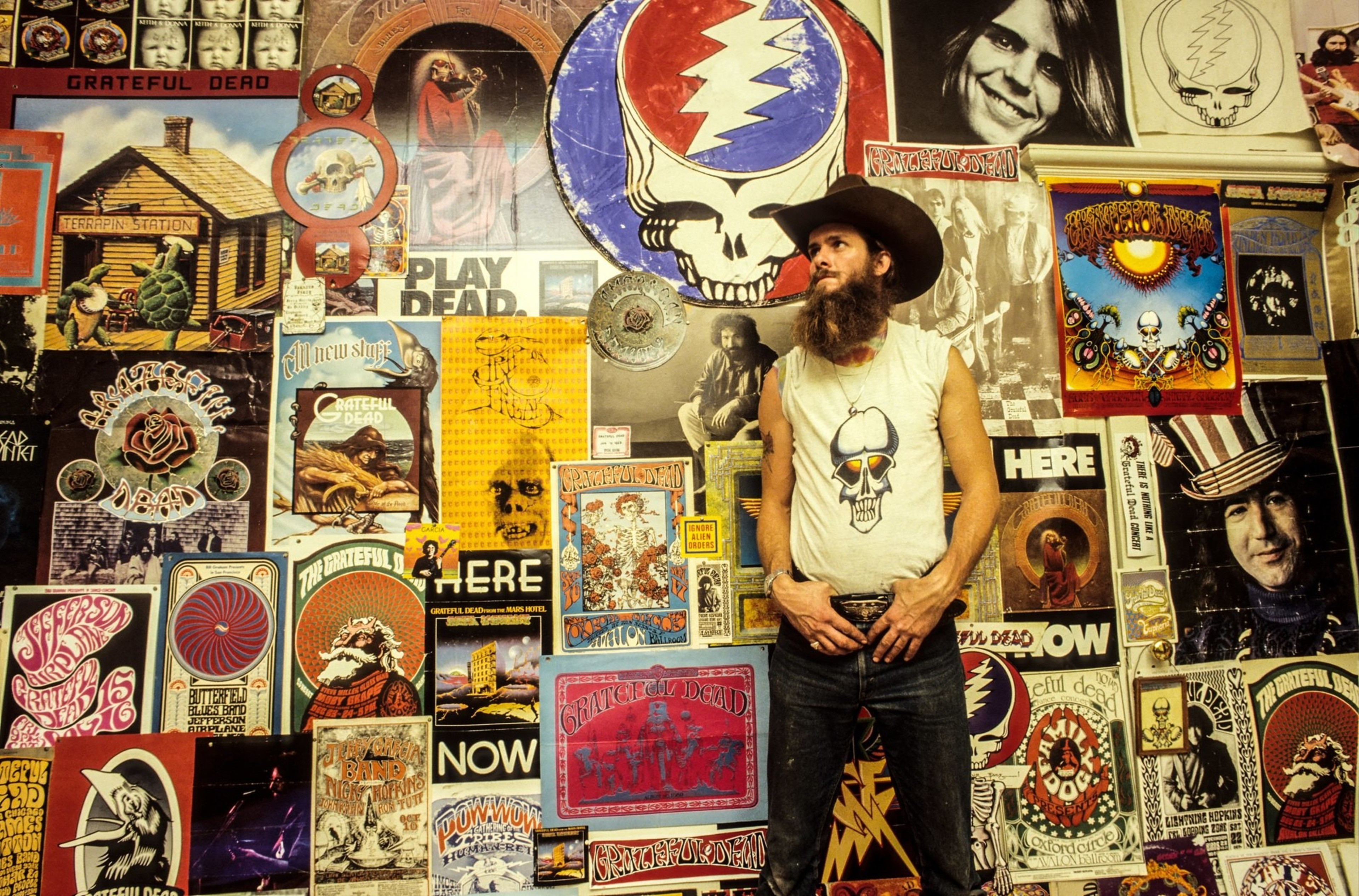
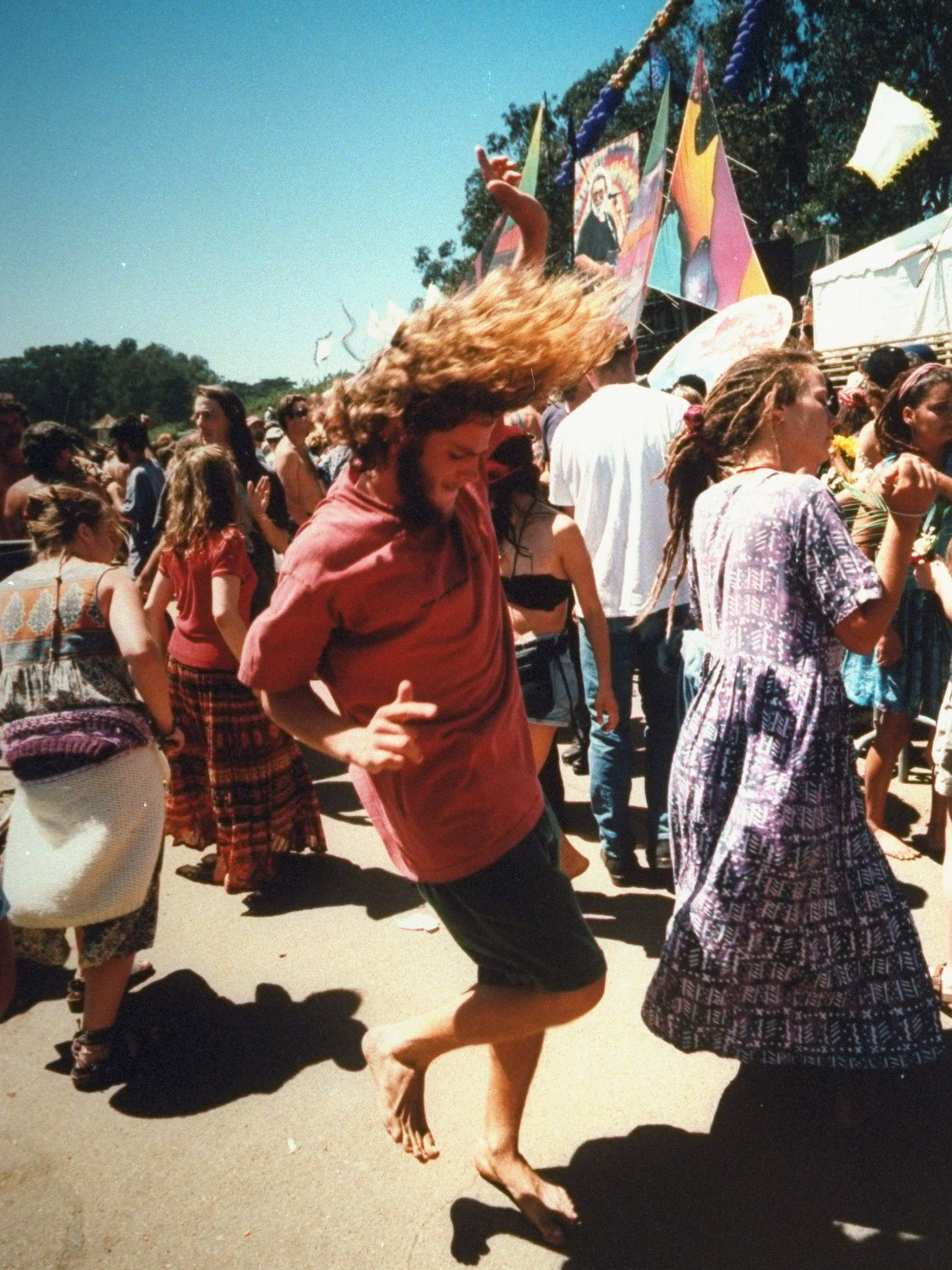
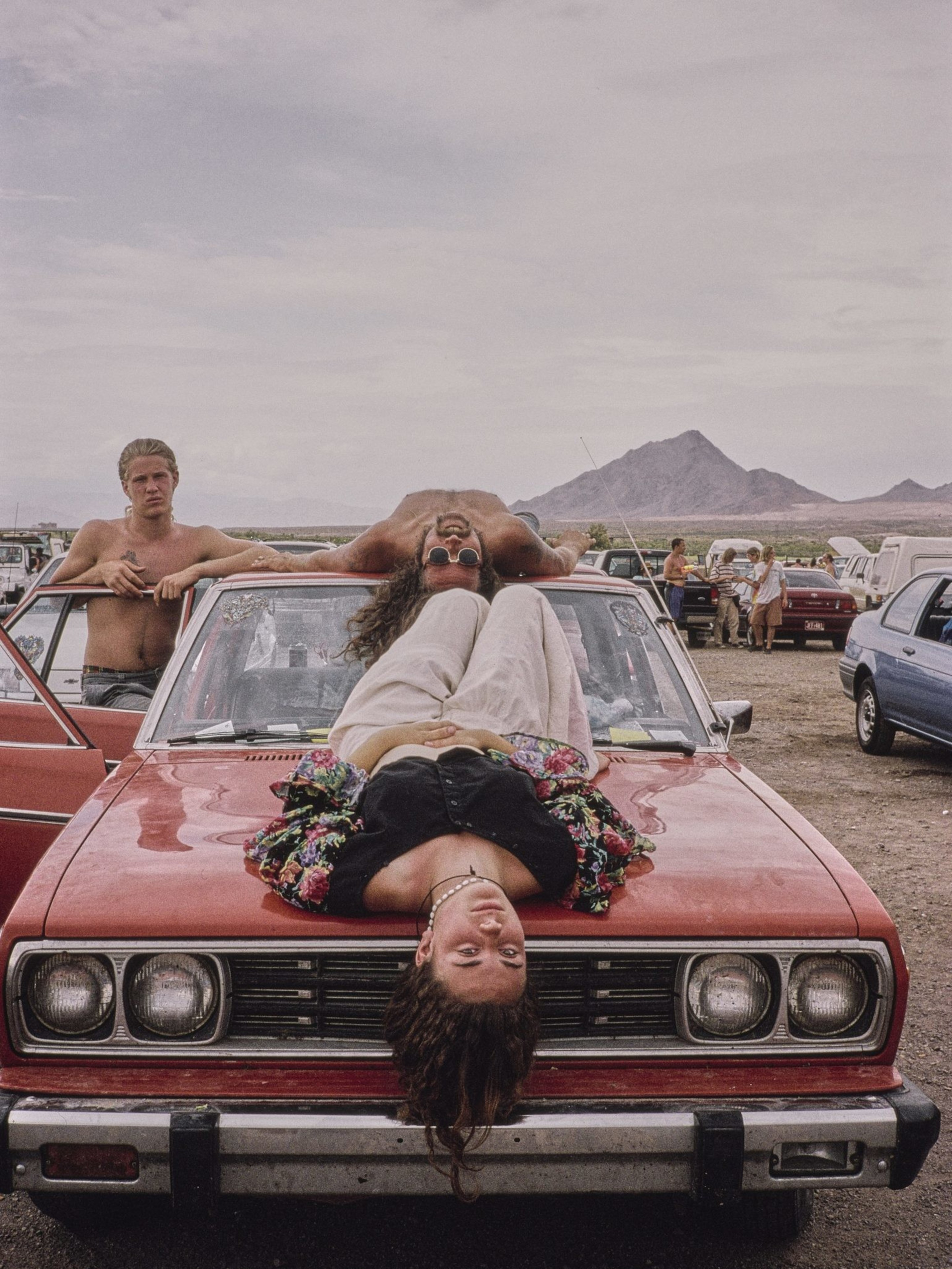
Tickets cost $635 for three-day general admission; VIP options range from $1,800 to a staggering $6,300 “Golden Road” pass, with which the Champagne crowd can enjoy unlimited dining, expedited entry, and a private viewing deck. All for concerts in a field featuring two out of the six original Grateful Dead members.
Is my father a curmudgeon, or does he have a point?
It turns out, many die-hard Deadheads agree with him. “I’ve seen Dead & Co a few times and mostly enjoyed their interpretation of the music,” said John Zirinsky, 41. “But the high ticket prices, John Mayer stans, and integration into the Ticketmaster monopoly ecosystem have really changed what type of person attends their concerts and, in my opinion, killed the vibe.”

Zirinsky still plans to drive to the city from his Mammoth Lakes home for Dead festivities during the shows. But he’s skipping the main event, opting to attend The Heart of Town (opens in new tab) at Pier 48, a smaller festival hosted by Grahame Lesh, son of the band’s beloved founding bassist, Phil Lesh, who died last fall.
Others are sidestepping San Francisco entirely. “There’s no more Grateful Dead family — this is a business, through and through,” said Aaron Suttschenko, 47, who’s based in Cincinnati and runs a popular Instagram (opens in new tab) account that curates his favorite Dead concert moments and sells T-shirts. “Capitalism has no moral base, so why not make as much money as you can if there’s enough rich people to support this thing? But I can’t do it; it’s a straight-up mockery of the original magic to me.”
Gavin Kelty, 63, said that while he appreciates Dead & Company, the cost outweighs the benefit. “The prices are too high to listen for three hours in a sea of people,” he said. “It’s obviously for a percentage of people who can afford it.”
Kelty saw the Grateful Dead’s original incarnation dozens of times in the 1980s and ’90s and has made multi-hour trips to see Dead & Company in recent years. He fondly recalls the days when the original band organized a mail-order lottery ticket system, encouraging fans to decorate their self-addressed, stamped envelopes in colorful, creative ways.
“Tickets were 25 or 30 bucks, and their shows always sold out,” he said. “My friends and I figured out that SFO had the first mail pickup in the area, so we collected our envelopes and drove to the airport to make sure we had the best chance.”

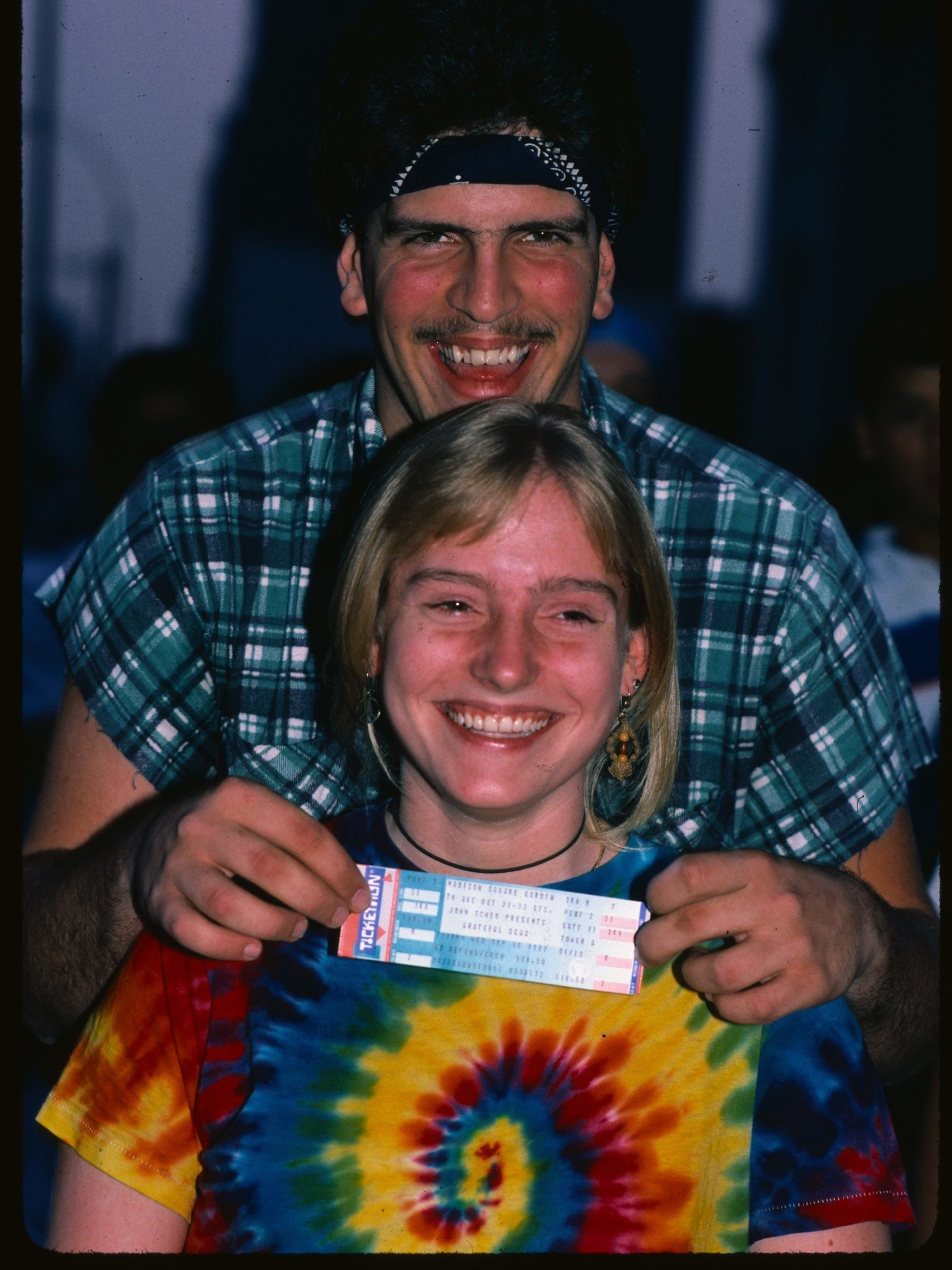
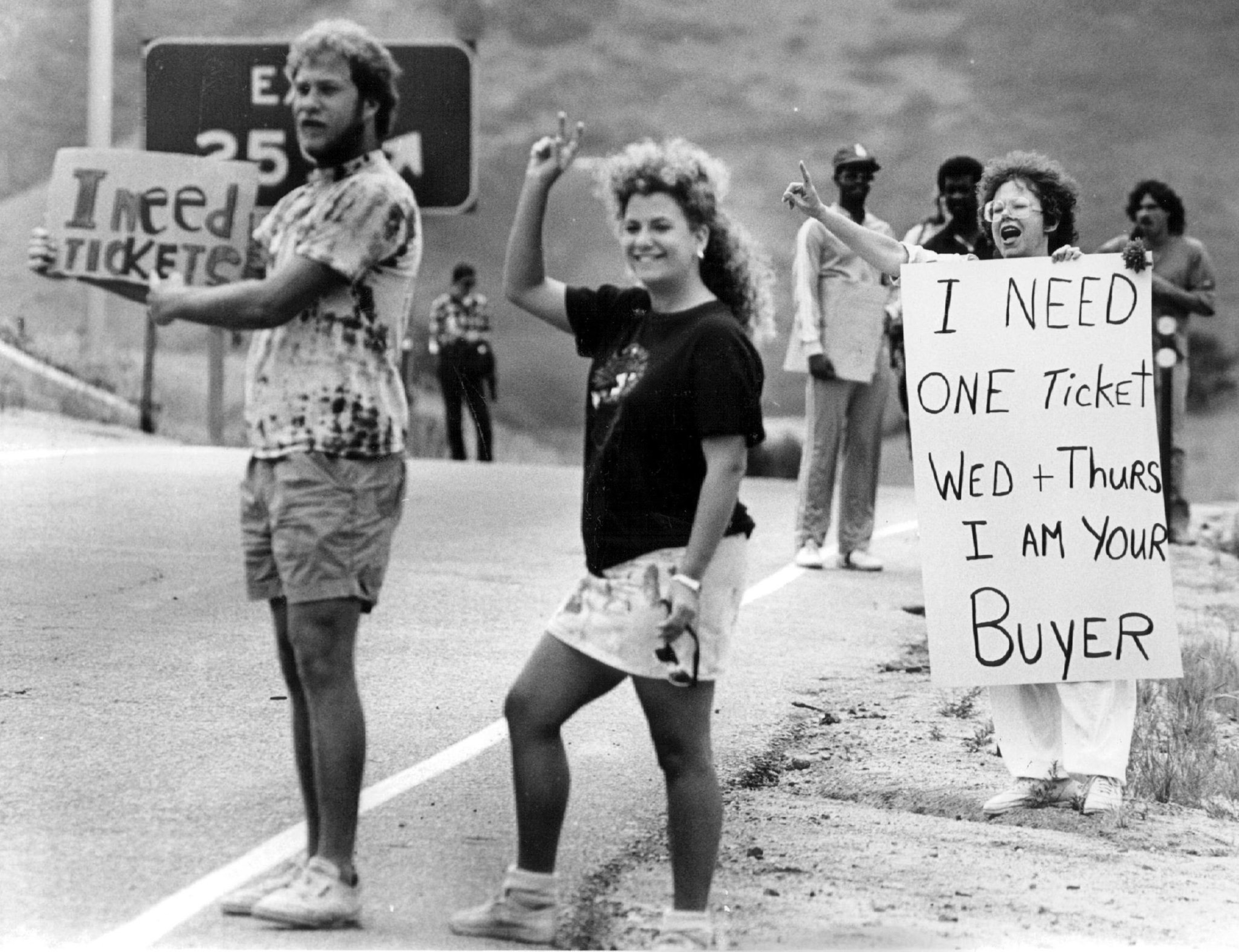
Other Deadheads also called out the band’s history of affordable shows, including several free events in Golden Gate Park in the late ’60s and early ’70s. Before Jerry Garcia’s death in 1995, the Grateful Dead never charged more than $35 for a concert ticket, or around $63 when adjusted for inflation. (This does not take into account what fans would pay secondhand for tickets from scalpers, which cost much more.)
Brenna, 29, a Michigan-based fan who declined to give a last name, said she dropped out of high school to follow Grateful Dead spinoff bands in the 2010s. She described the 60th anniversary shows as a “hype gimmick” and pointed to the fact that Dead & Company advertised their 2023 concerts as a “final tour,” then booked a several-week run at the Las Vegas Sphere less than a year later.
“Now you have to let the money talk and dictate whether or not you make it into a show,” she said. “It’s not necessarily fair for a culture and crowd that’s not supposed to be known for possessions or money. Who gets to go to these shows? How much is enough?”
A self-described “broke Midwestern girl,” Brenna said she was fortunate to score “Miracle” tickets when following the Dead. (A Miracle is when a fan gifts another a ticket right before a show begins; folks usually hold up a single finger when praying for a Miracle outside the venue.)
Representatives of Golden Gate Park Concerts (opens in new tab), the branch of Another Planet Entertainment that organized this week’s Dead & Company shows, did not respond to questions about ticket prices or the estimated cost to produce the event. Mayor Daniel Lurie’s office has touted (opens in new tab) the potential financial boon for the city, noting that hotel demand July 31 to Aug. 3 is high and that the 2023 Dead & Company concerts in Oracle Park generated an estimated $31 million for San Francisco’s economy.
Despite the soaring costs, some Deadheads are biting the bullet and making the trek to Golden Gate Park — but not without mixed feelings.
“It’s an anniversary thing — they should have made it accessible,” said Michelle Rajotte, 58, who’s been following the Dead since the early ’80s. “There were rumors among the fanbase that it would be free, but it’s a cash grab again.”
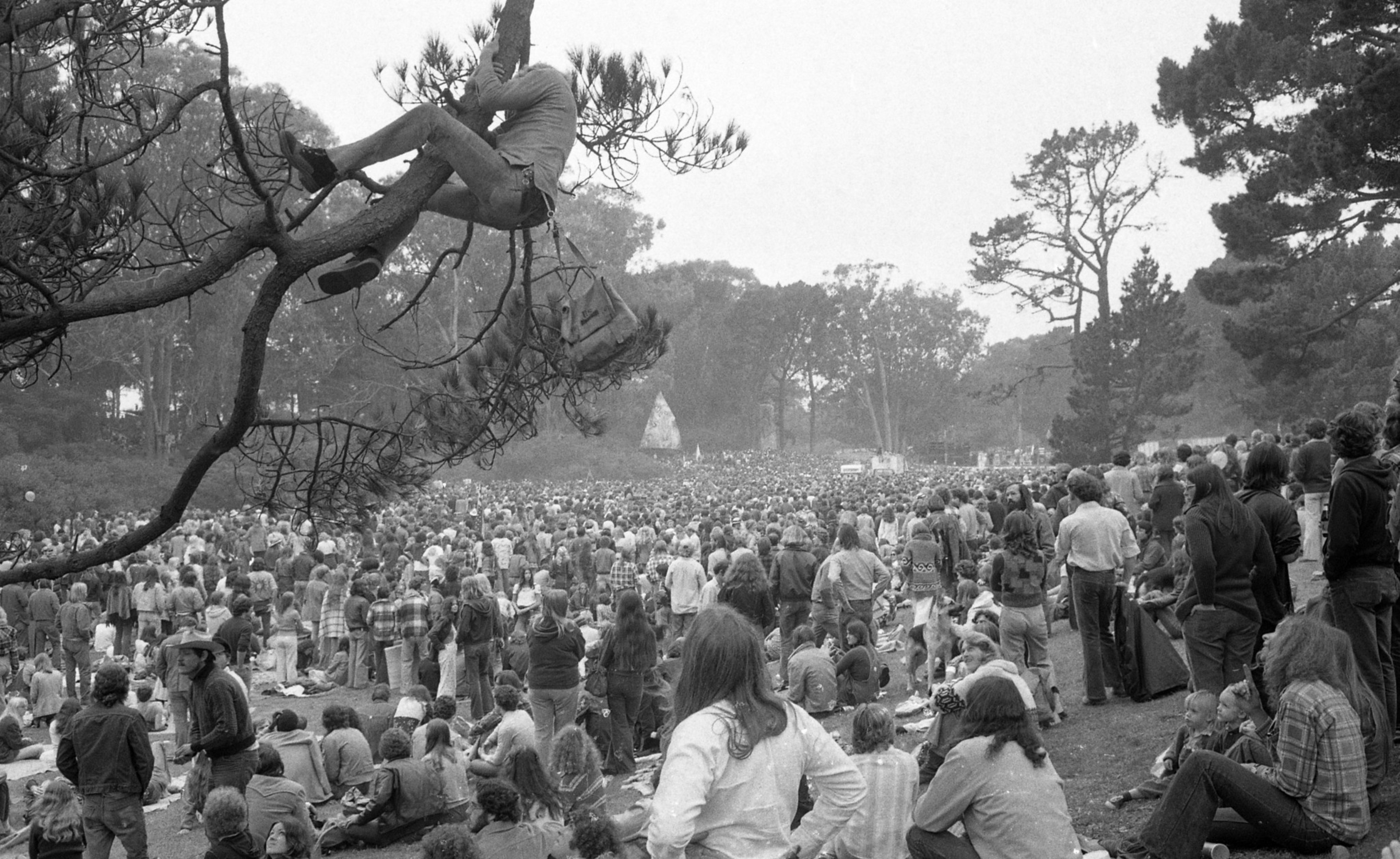
Rajotte plans to attend the shows because of her personal connection to the band. Her father was the program director for a major radio station during the Summer of Love and helped organize one of the first modern music festivals, Fantasy Fair and Magic Mountain in 1967 at Mount Tamalpais. She says the Grateful Dead was a huge part of her childhood and has remained equally important throughout her life.
“I’ve spent my retirement fund following around this band,” she joked. “I can’t not go. Life is short, and it’s one of the things that makes me the happiest.”
Others are taking out Ticketmaster or Klarna payment plans to cover the cost of tickets. Eric, a San Francisco resident who has followed the Dead for 25 years, said he wouldn’t consider missing the shows but couldn’t afford to pay the full price all at once.
“It would be one thing if the band was giving all that money to charity,” he said. “But I don’t think that’s what’s happening.”
As for me, I decided to say yes to the anniversary shows because I genuinely love Dead & Company frontman Mayer and multi-instrumentalist Oteil Burbridge, and I can’t imagine sitting at home three miles away while Bobby Weir plays “New Speedway Boogie” in the holiest of settings. I was also lucky enough to find a friend with an extra ticket.
But I don’t think I’ll be able to convince my dad to join me. That, as the Deadheads say, would take a Miracle.
